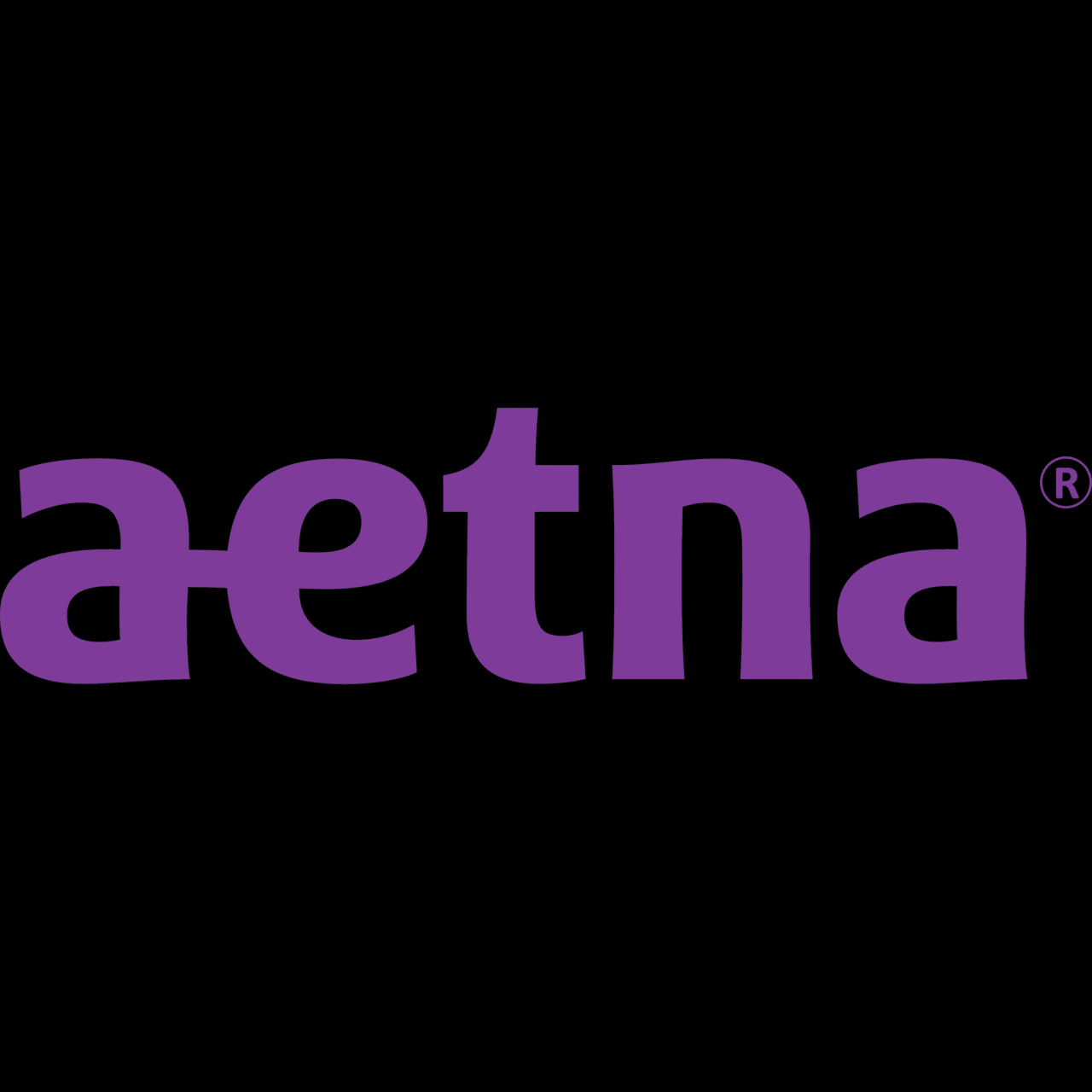Aetna Insurance, a prominent name in the insurance industry, has a rich history spanning over a century. Founded in 1853, the company has evolved significantly, expanding its product portfolio and geographic reach. Aetna offers a wide range of insurance products, including health, dental, vision, and life insurance, catering to individuals and families, as well as businesses of all sizes.
Aetna’s commitment to providing comprehensive insurance solutions and its focus on innovation have propelled its growth and solidified its position as a leading player in the market. This overview explores Aetna’s history, products, market presence, financial performance, customer experience, and future outlook, shedding light on its impact on the healthcare landscape.
Aetna’s Regulatory Environment and Compliance

The insurance industry is subject to a complex and ever-evolving regulatory framework designed to protect consumers and ensure fair market practices. Aetna, as a major player in the industry, operates within this framework, adhering to various federal and state regulations.
Aetna’s Compliance with Regulations
Aetna’s compliance with relevant laws and regulations is crucial for its long-term sustainability and reputation. The company has a robust compliance program that encompasses several key areas:
- Federal Laws: Aetna complies with federal laws such as the Affordable Care Act (ACA), the Health Insurance Portability and Accountability Act (HIPAA), and the Employee Retirement Income Security Act (ERISA). The ACA, for example, mandates certain coverage provisions and imposes penalties for non-compliance. HIPAA protects patient health information, while ERISA regulates employer-sponsored health plans.
- State Laws: Aetna also adheres to various state-specific regulations regarding insurance coverage, pricing, and consumer protection. These laws may vary significantly from state to state, requiring Aetna to navigate a complex patchwork of requirements.
- Internal Policies and Procedures: Aetna has established internal policies and procedures to ensure compliance with all applicable laws and regulations. These policies cover areas such as data security, anti-money laundering, and ethical business practices. Aetna also conducts regular audits and training to ensure compliance with these internal guidelines.
Potential Regulatory Challenges and Risks, Aetna insurance
Aetna, like any insurance company, faces potential regulatory challenges and risks. These include:
- Changing Regulations: The healthcare and insurance landscape is constantly evolving, with new laws and regulations being introduced regularly. Aetna must stay abreast of these changes and adapt its practices accordingly. For instance, the ACA has undergone significant changes since its enactment, requiring Aetna to adjust its coverage and pricing strategies.
- Enforcement Actions: Regulatory agencies such as the Centers for Medicare & Medicaid Services (CMS) and state insurance departments have the authority to enforce compliance with regulations. Aetna may face enforcement actions, including fines or penalties, if it fails to comply with these rules. In recent years, CMS has increased its enforcement efforts, leading to several high-profile fines against insurance companies.
- Reputational Risk: Non-compliance with regulations can damage Aetna’s reputation and erode consumer trust. In the highly competitive insurance market, maintaining a positive reputation is essential for attracting and retaining customers.
Future Outlook and Potential Trends: Aetna Insurance

The insurance industry is constantly evolving, driven by technological advancements, changing demographics, and evolving consumer expectations. Understanding these trends is crucial for Aetna to maintain its competitive edge and navigate the future effectively.
Impact of Technological Advancements
Technological advancements are reshaping the insurance landscape, influencing how insurers operate, interact with customers, and deliver services. Aetna must adapt to these advancements to remain competitive.
- Artificial Intelligence (AI) and Machine Learning (ML): AI and ML are transforming insurance operations, enabling more efficient risk assessment, fraud detection, and personalized customer experiences. Aetna is already leveraging AI for claims processing and customer service, and it can further integrate these technologies to enhance its offerings.
- Internet of Things (IoT): IoT devices collect data on health and lifestyle, providing insurers with valuable insights into individual risk profiles. Aetna can leverage IoT data to develop personalized health plans and preventive programs, enhancing customer engagement and improving health outcomes.
- Blockchain Technology: Blockchain can streamline insurance processes, improve transparency, and enhance security. Aetna can explore blockchain applications for claims processing, policy management, and data sharing, creating a more efficient and secure ecosystem.
Ending Remarks
Aetna Insurance continues to navigate the dynamic healthcare environment, embracing technology and innovation to deliver exceptional customer experiences. With its robust product portfolio, strong financial performance, and commitment to social responsibility, Aetna plays a crucial role in providing access to affordable and quality healthcare for millions of individuals and families. The company’s future outlook is promising, as it leverages emerging trends and technologies to enhance its offerings and cater to the evolving needs of its customers.
Aetna insurance is a well-known provider of health insurance plans, offering various options to suit different needs. If you’re looking for a more specialized type of insurance, you might want to consider freeway insurance , which focuses on coverage related to driving and transportation.
Aetna, on the other hand, offers a wider range of health insurance options, including medical, dental, and vision coverage.